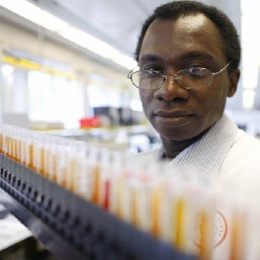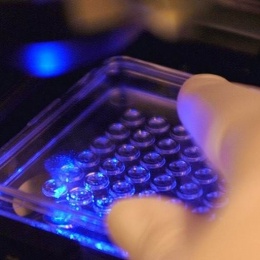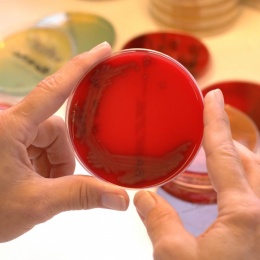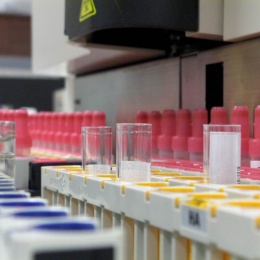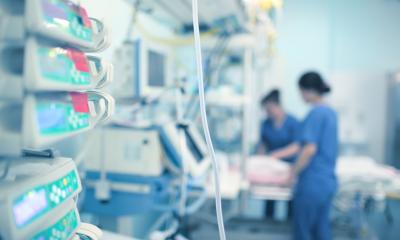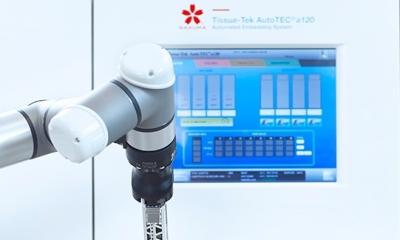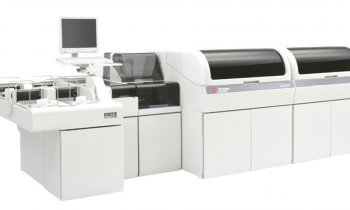Article • Unifying register
Seeking greater harmonisation in laboratory medicine
Improved harmonisation of laboratory medicine practice across Europe will help lead to better patient outcomes and produce comparable laboratory information irrespective of where and how the data have been generated.
Report: Mark Nicholls
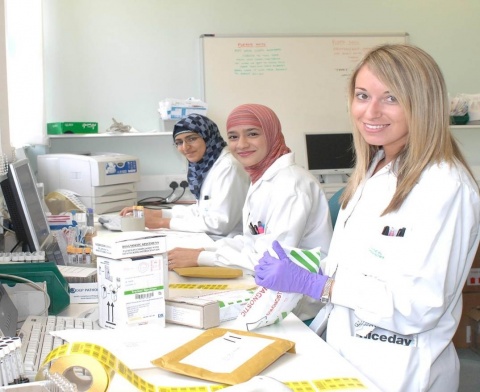
With harmonisation regarded as a fundamental aspect of quality in laboratory medicine, it is high on the agenda of delegates to the EuroMedLab 2017 congress to be held between 11-15 June at the Megaron Athens International Conference Centre, Greece. Harmonisation involves all the steps of the service (pre-analytical, analytical, and post analyical phase) as well as embracing aspects of the profession in a symposium hosted by the European Federation of Clinical Chemistry and Laboratory Medicine (EFLM). This will provide four lectures dealing with the harmonisation of the pre-analytical phase, medical laboratory accreditation, the mutual recognition of professional qualifications across Europe, as well as continuous professional development.
Speaking to European Hospital ahead of the conference, Gilbert Wieringa, Chair of EFLM’s Professional Committee, explained the importance of harmonising the recognition of professional qualifications. ‘It’s to ensure that laboratory medicine is practised to common standards, so that patient safety is protected irrespective of which country the specialist emanates from. ‘Under EU Commission Directive 2013/55/EU – the Recognition of Professional Qualifications – harmonisation would extend opportunities for specialists to practice in other EU countries without having “compensation measures” imposed on them such as the re-taking of local professional exams; in turn it could also catalyse a more equitable distribution of skills and resources across the EU.’
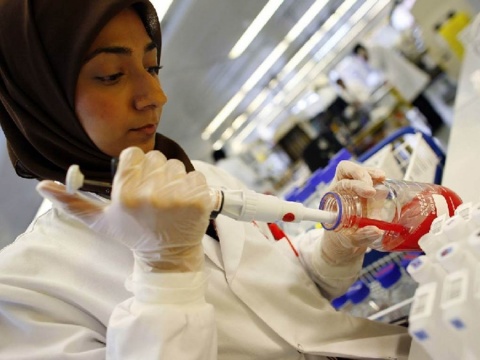
Dr Wieringa will highlight how EU Commission Directive 2013/55/EU provides a passport to professional migration across EU borders for professions that can work to a Common Training Framework. He will also point to EFLM holding a Register of ‘Specialists in Laboratory Medicine’; how the organisation is pursuing recognition as a unique cohort amongst laboratory medicine practitioners, and how achieving recognition raises the profile of the contribution of laboratory medicine to better health and best care. Formed in 2007 through the merger of the Forum of European Societies of Clinical Chemistry (FESCC) and the European Communities Confederation of Clinical Chemistry (EC4), the EFLM connects National Societies of Clinical Chemistry and Laboratory Medicine to create a platform for all European specialists in laboratory medicine.
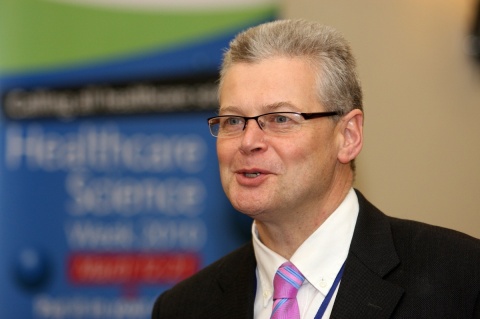
A strong advocate of the Register of specialists, in adding weight to the argument for their recognition, in his talk Wieringa also intends to describe the backbone work that already carried out by EFLM and its predecessor organisation EC4 in setting standards for specialist practice, establishing the Register, an expected code of conduct, and adoption of the unifying term ‘Specialist in Laboratory Medicine’. He will offer guidance on how people can join the Register, as well as share an update on progress with implementation of the Recognition Directive at the EU Commission.
While medical staff already enjoys professional migration as members of the sectoral professions, the Directive offers equal opportunity to science and pharmacy trained specialists, once a Common Training Framework has been adopted by one third of the EU member states (i.e. 10). It remains unclear how long the harmonisation process will take, though EFLM is maintaining close contact with its leads at the EU Commission throughout. The session will also hear from Wim Huisman, previously Head of the Laboratory for Clinical Chemistry and Haematology at the Medical Centre Haaglanden in Leidschendam; Ana-Maria Simundic, Professor in the Department of Medical Biochemistry at Zagreb University, and Elizabeta Topic, Professor of Medical Biochemistry at the Faculty of Pharmacy and Biochemistry University of Zagreb.
The EuroMedLab 2017 ELFM symposium ‘Harmonisation in laboratory medicine’: 10.30am-12.30pm, 12 June. Venue: Skalkotas Hall, Megaron Athens International Conference Centre, Greece.
Profile:
Gilbert Wieringa chairs the European Federation of Clinical Chemistry and Laboratory Medicine’s (EFLM) Professional Committee and is clinical lead for Laboratory Medicine in Bolton, England. Formerly the healthcare scientists programme lead in the Department of Health, and Greater Manchester Primary Care Trusts’ pathology lead, his main interests are in the provision of antenatal screening services, quality assurance for ‘high street’ diagnostics and the harmonisation of growth hormone measurements.
12.06.2017




